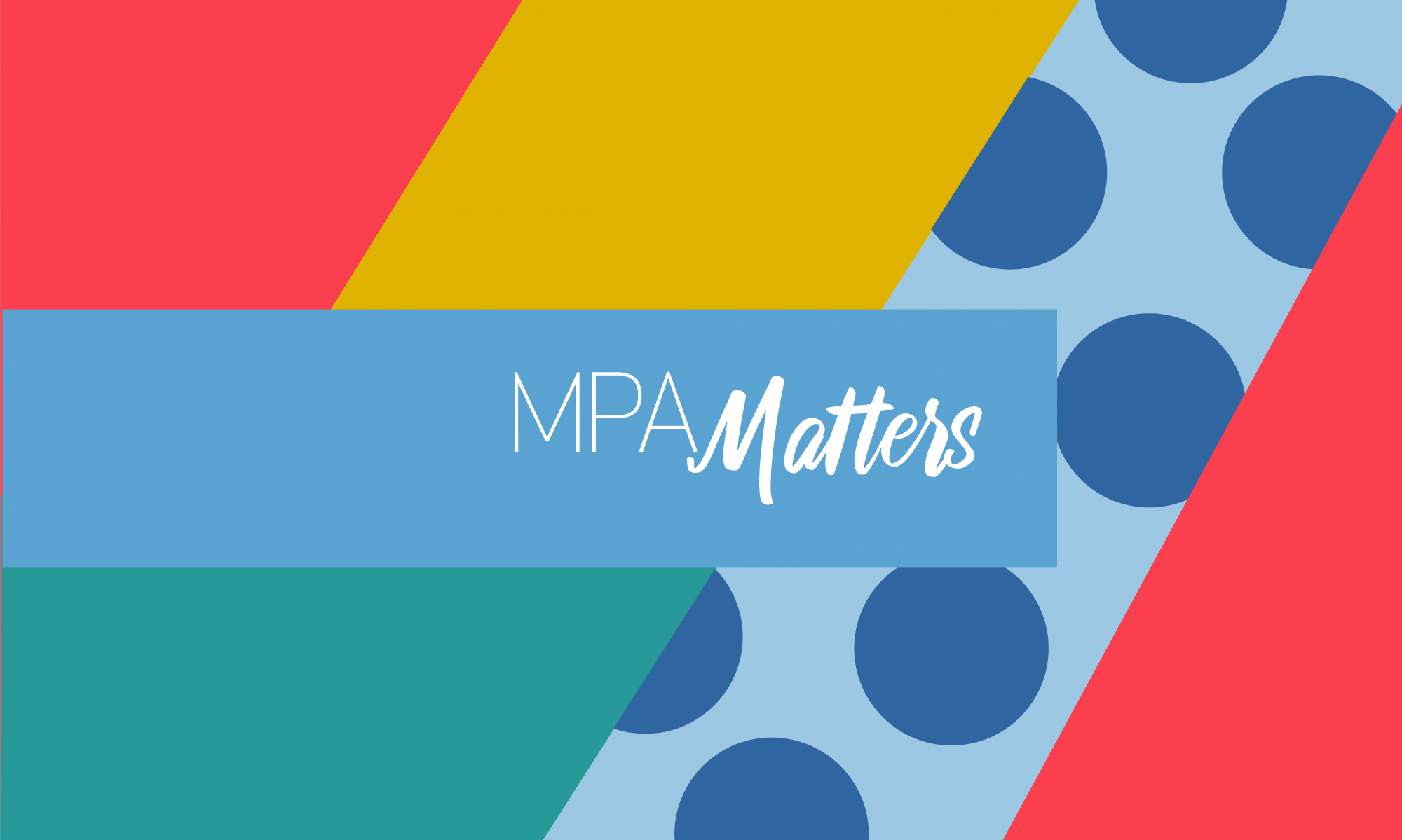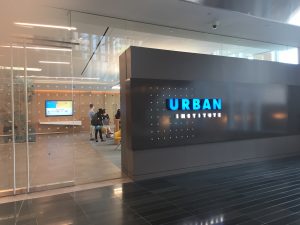This week at the Urban Institute I had the privilege to bond with the other interns and meet other Urban Institute members at the summer check-in. We got to see how Urban recruits its interns and the work that fellow colleagues are currently conducting as full-time research assistants.
One intern from Duke is working on broader social policy and the other intern from Rice University, also in LHP, is working on child care practices for working parents.
During this time, the interns had the ability to sit in on a lunch with the CEO. We learned how health care policy impacted the Urban Institute and effects of the political divide. There was a sensationalized moment in the Fall of 2016 when Congress was passing a health care bill to repeal the Affordable Care
Act. The Urban Institute responded with policy updates and information that informed the decision makers about issues with the policy rhetoric. As the health care bills were being updated, Urban Institute, responded by fact-checking the information and providing updated facts about the health policy. We learned about this during the intern luncheon chat from the CEO herself. It was quite a fascinating discussion and input.
Urban Institute has a history of being a figure for fact checking during pivotal times in American history. It was founded as the special project of LBJ, during a time of rapid change in the suburban and metropolitan US. The demographic shift and reliance on solid research is not too different from today’s age. We are experiencing a divided US electorate and more people questioning policy choices and asking for facts and figures.
The essence of the Urban Institute and its purpose as an organization advancing the policy and learning about ways to respond, is what will promote long-term strong policy and more informed constituents.




